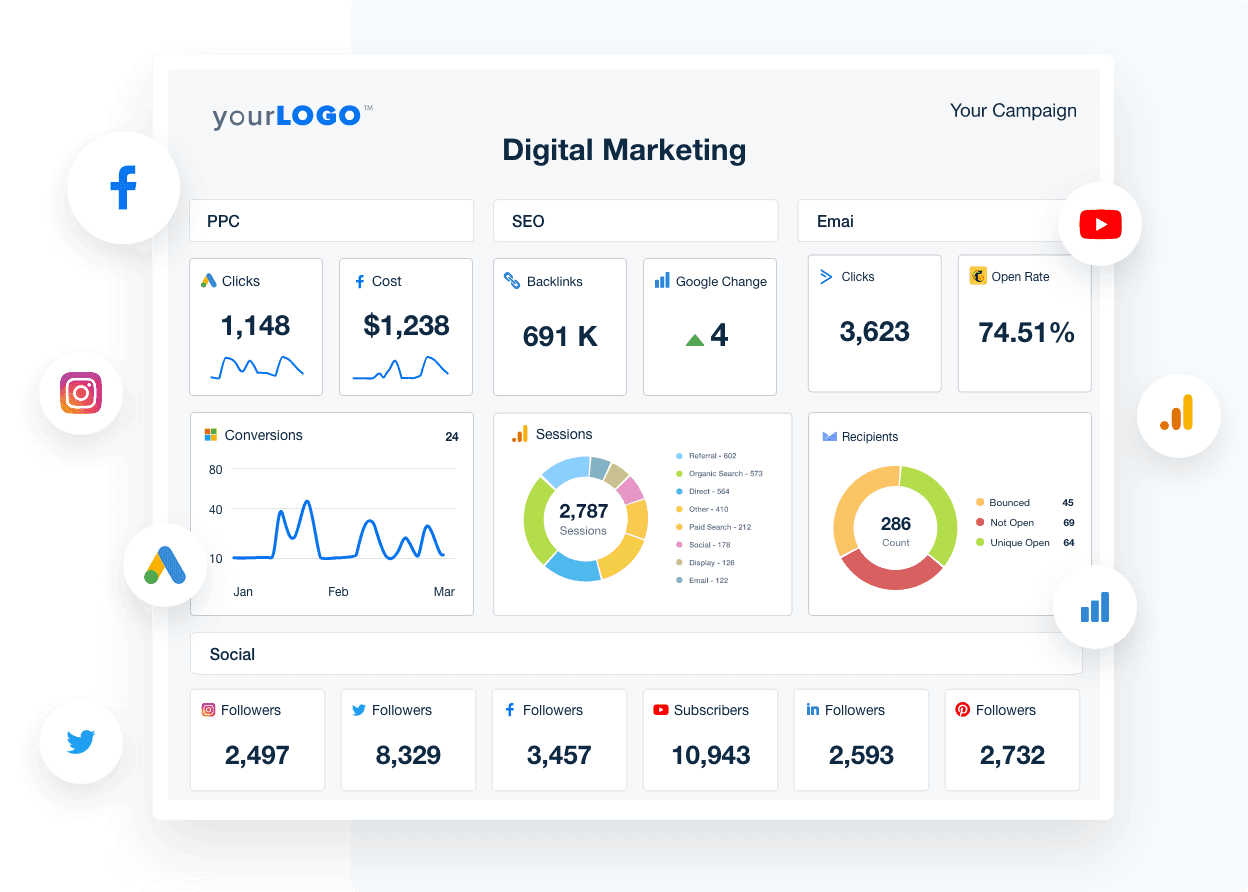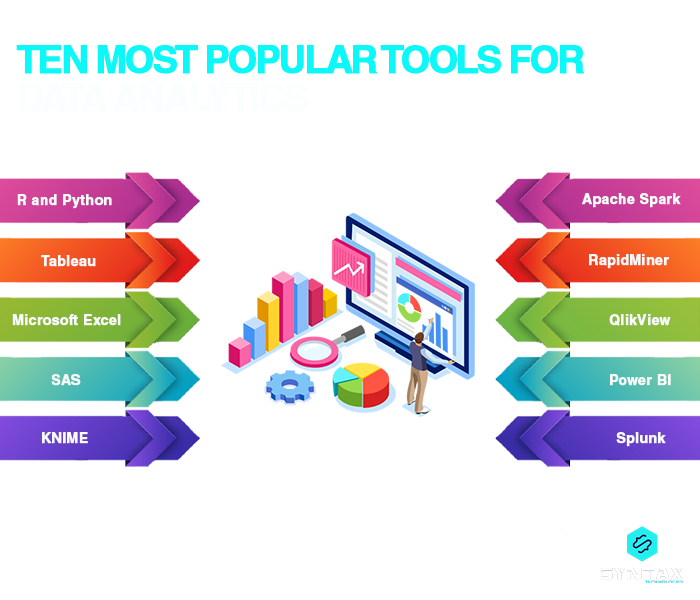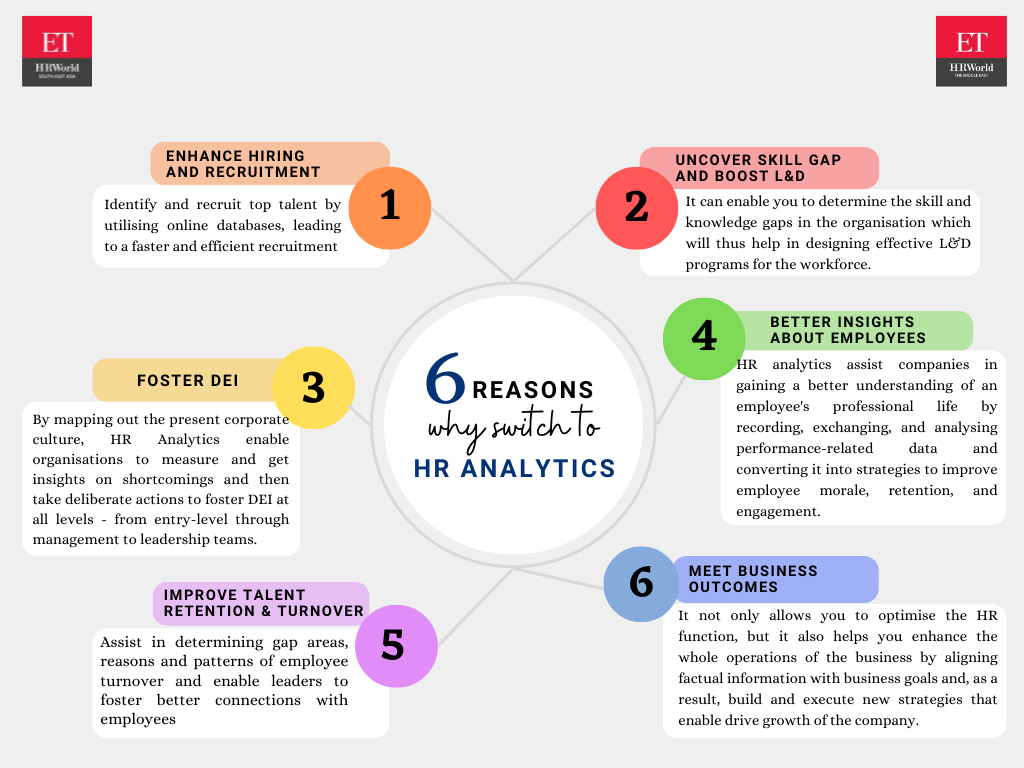Enhance Service Processes Utilizing In-depth Analytics Records
Enhance Service Processes Utilizing In-depth Analytics Records
Blog Article
Take Full Advantage Of Growth: Exactly How Analytics Drive Better Methods
By harnessing data understandings, companies can refine their operational techniques, anticipate market adjustments, and enhance client engagement. The challenge lies not only in accumulating data yet in effectively interpreting it to drive concrete end results.
Comprehending Data Analytics
Data analytics is a systematic computational evaluation of information that enables companies to reveal purposeful patterns and insights. This procedure encompasses a selection of techniques, including analytical evaluation, anticipating modeling, and data mining, which collectively aim to change raw information right into actionable details - Analytics. By employing these approaches, organizations can make educated choices that are rooted in empirical proof instead of instinct alone
The foundation of information analytics hinges on its capacity to handle vast amounts of details from varied resources. This includes organized information, such as data sources, and unstructured information, including social media sites communications and consumer feedback. Through making use of specialized software program and tools, analysts can remove and refine this information efficiently, recognizing fads and connections that might not be instantly noticeable.
Comprehending information analytics also entails recognizing the importance of data top quality and integrity. Exact and reliable information is essential for purposeful analysis; therefore, organizations have to carry out durable data governance methods. The iterative nature of analytics allows for constant improvement and renovation of methods, guaranteeing that companies continue to be agile in the face of changing market dynamics and consumer habits.
Secret Advantages of Analytics

One of the essential advantages of analytics is its capacity to give workable insights. Organizations can quickly analyze large amounts of information, uncovering patterns that might not be instantly obvious.
Another considerable benefit is improved client understanding. Analytics devices allow services to segment their audience, track consumer habits, and individualize advertising initiatives. This targeted method not just enhances customer involvement however additionally drives greater conversion rates.

Implementing Analytics Approaches
To totally recognize the advantages of analytics, companies need to embrace structured techniques for application. This begins with clearly specifying purposes that line up with broader company objectives. By establishing certain, quantifiable outcomes, companies can concentrate their analytics efforts on locations that generate the greatest return on investment.
Following, companies need to prioritize information administration to guarantee the honesty and protection of the information being evaluated. This entails establishing methods for information collection, storage space, and accessibility while adhering Recommended Reading to pertinent guidelines. Guaranteeing premium information is vital for generating purposeful insights.
Moreover, cultivating a culture of data-driven decision-making is essential. This requires training workers to interpret analytics findings and motivating cooperation throughout departments. They are much more likely to integrate understandings into their everyday operations. when teams comprehend the value of analytics.
Last but not least, organizations must routinely evaluate and fine-tune their analytics approaches. The landscape of information and technology is continually evolving, and remaining versatile will enable companies to leverage new tools and methodologies successfully. By implementing these structured methods, organizations go to these guys can make best use of the influence of their analytics campaigns and drive lasting growth.
Devices for Reliable Evaluation
Reliable evaluation relies upon a selection of tools that assist in the removal of understandings from information - Analytics. These devices can range from easy spread sheet applications to innovative machine discovering systems, each offering an unique function in the analytical process
Information visualization software program, such as Tableau and Power BI, plays an important duty in transforming intricate datasets right into understandable graphical representations. These devices enable analysts to recognize patterns and trends rapidly, permitting even more informed decision-making.
Analytical analysis software, like R and SAS, offers advanced capacities for conducting in-depth analyses, consisting of regression, hypothesis testing, and predictive modeling - Analytics. These attributes equip companies to draw purposeful conclusions from their data, determining potential possibilities and risks
Furthermore, database monitoring systems such as SQL and NoSQL databases give the required facilities for storing and querying big quantities of information effectively. They ensure that information is arranged and obtainable for evaluation.
Finally, company intelligence platforms incorporate numerous information sources, offering an extensive view of organizational efficiency. By using these tools properly, companies can boost their logical capabilities, allowing them to establish methods that take see post full advantage of development and boost overall efficiency.
Case Research Studies of Success
Successful organizations commonly take advantage of information analytics to drive impactful strategies, as evidenced by several noteworthy case research studies. By employing these insights, Netflix has effectively customized its content suggestions, resulting in raised customer engagement and subscriber retention.

Additionally, Starbucks utilizes data analytics to identify ideal store locations and improve its item offerings. By analyzing customer demographics and acquiring patterns, Starbucks effectively recognizes high-potential markets and tailors its food selection to local preferences, driving sales and consumer commitment.
These case studies highlight that effective usage of information analytics can lead to calculated advantages, cultivating technology and development within organizations throughout numerous markets.
Conclusion
In verdict, the assimilation of analytics right into organizational techniques dramatically boosts decision-making procedures and fosters lasting growth. The effective implementation of analytics devices additionally sustains dexterity and technology, making it possible for companies to browse affordable landscapes with greater accuracy.
Data analytics is a systematic computational evaluation of data that makes it possible for organizations to uncover purposeful patterns and insights.Recognizing data analytics additionally includes acknowledging the importance of data top quality and honesty. Trustworthy and precise data is critical for purposeful analysis; thus, organizations need to execute robust information administration practices.Next, organizations should focus on information administration to ensure the integrity and security of the data being examined.Effective organizations often leverage information analytics to drive impactful techniques, as evidenced by several remarkable case researches.
Report this page